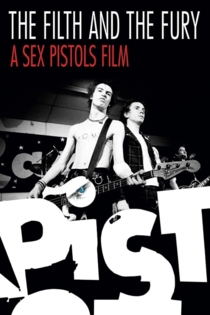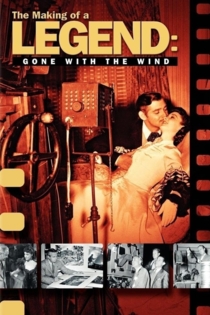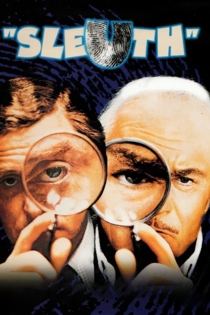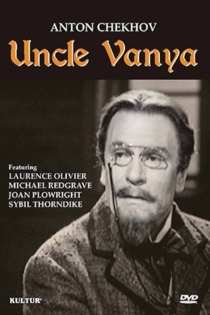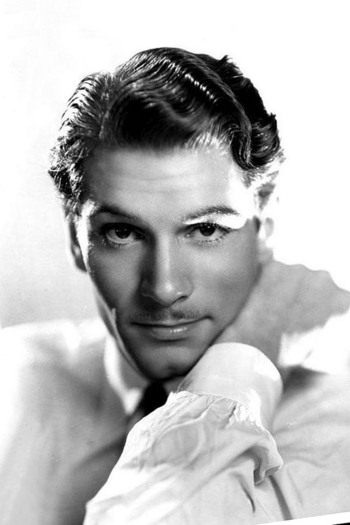
Laurence Olivier
1907 - 1989His family had no theatrical connections, but Olivier's father, a clergyman, decided that his son should become an actor. After attending a drama school in London, Olivier learned his craft in a succession of acting jobs during the late 1920s. In 1930 he had his first important West End success in Noël Coward's Private Lives, and he appeared in his first film. In 1935 he played in a celebrated production of Romeo and Juliet alongside Gielgud and Ashcroft, and by the end of the decade he was an established star. In the 1940s, together with Richardson and John Burrell, Olivier was the co-director of the Old Vic, building it into a highly respected company. There his most celebrated roles included Shakespeare's Richard III and Sophocles's Oedipus. In the 1950s Olivier was an independent actor-manager, but his stage career was in the doldrums until he joined the avant garde English Stage Company in 1957 to play the title role in The Entertainer, a part he later played on film. From 1963 to 1973 he was the founding director of Britain's National Theatre, running a resident company that fostered many future stars. His own parts there included the title role in Othello (1965) and Shylock in The Merchant of Venice (1970).
Among Olivier's films are Wuthering Heights (1939), Rebecca (1940), and a trilogy of Shakespeare films as actor-director: Henry V (1944), Hamlet (1948), and Richard III (1955). His later films included The Shoes of the Fisherman (1968), Sleuth (1972), Marathon Man (1976), and The Boys from Brazil (1978). His television appearances included an adaptation of The Moon and Sixpence (1960), Long Day's Journey into Night (1973), Love Among the Ruins (1975), Cat on a Hot Tin Roof (1976), Brideshead Revisited (1981) and King Lear (1983).
Olivier's honours included a knighthood (1947), a life peerage (1970) and the Order of Merit (1981). For his on-screen work he received four Academy Awards, two British Academy Film Awards, five Emmy Awards and three Golden Globe Awards. The National Theatre's largest auditorium is named in his honour, and he is commemorated in the Laurence Olivier Awards, given annually by the Society of London Theatre. He was married three times, to the actresses Jill Esmond from 1930 to 1940, Vivien Leigh from 1940 to 1960, and Joan Plowright from 1961 until his death.
Description above from the Wikipedia article Laurence Olivier, licensed under CC-BY-SA, full list of contributors on Wikipedia.
At the Haunted End of the Day
Tony Palmer
William Walton, Laurence Olivier
A documentary by Tony Palmer on English composer Sir William Walton (1902–1983), made shortly before his death. The film includes the only full-length interview ever recorded with Walton. Filmed at his home on Ischia and in Oxford, London & Oldham, it includes contributions from Laurence Olivier, Sacheverell Sitwell and Lady Susana Walton. Specially performed extracts of his music are conducted by Simon Rattle in his first substantial contribution to television when he was in his early 20s, with Simon Preston, Julian Bream, Yvonne Kenny, Yehudi Menuhin, Iona Brown, John Shirley-Quirk, Elgar Howarth & Ralph Kirshbaum, the Philharmonia Orchestra, the Grimethorpe Colliery Band, Christ Church Cathedral Choir, Oxford & Los Paraguayos.
At the Haunted End of the Day
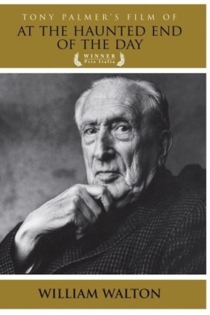
Cavalcade of the Academy Awards
Carey Wilson, Janet Gaynor
This 1940 presentation features highlights of earlier (1928 onward) Oscar ceremonies including Shirley Temple and Walt Disney, plus acceptance speeches for films released in 1939 with recipients and presenters including Vivien Leigh, Judy Garland, Hattie McDaniel, Fay Bainter, Mickey Rooney, Thomas Mitchell, Sinclair Lewis, and more, with host Bob Hope.
Cavalcade of the Academy Awards
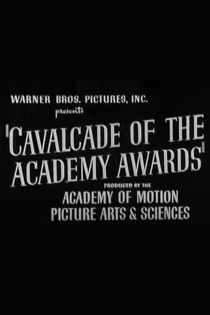
Rebecca
Alfred Hitchcock
Laurence Olivier, Joan Fontaine
Story of a young woman who marries a fascinating widower only to find out that she must live in the shadow of his former wife, Rebecca, who died mysteriously several years earlier. The young wife must come to grips with the terrible secret of her handsome, cold husband, Max De Winter. She must also deal with the jealous, obsessed Mrs. Danvers, the housekeeper, who will not accept her as the mistress of the house.
Rebecca
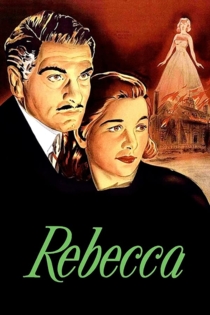
Long Day's Journey Into Night
Peter Wood
Laurence Olivier, Constance Cummings
On a day in the summer of 1912, the family of retired matinee idol James Tyrone grapples with the morphine addiction of Tyrone's wife Mary, the illness of their youngest son Edmund, and the alcoholism and debauchery of the older son Jamie. As day turns into night, guilt, anger, despair, and regret threaten to destroy the family.
Long Day's Journey Into Night
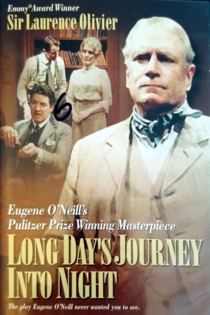
Spartacus
Stanley Kubrick
Kirk Douglas, Laurence Olivier
The rebellious Thracian Spartacus, born and raised a slave, is sold to Gladiator trainer Batiatus. After weeks of being trained to kill for the arena, Spartacus turns on his owners and leads the other slaves in rebellion. As the rebels move from town to town, their numbers swell as escaped slaves join their ranks. Under the leadership of Spartacus, they make their way to southern Italy, where they will cross the sea and return to their homes.
Spartacus
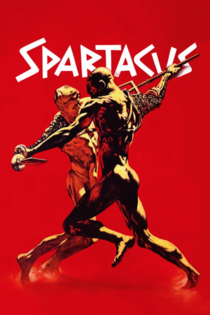
Hollywood Out-takes and Rare Footage
Stanley Sheff, Bruce Goldstein
Gig Young, Bud Abbott
Out-takes (mostly from Warner Bros.), promotional shorts, movie premieres, public service pleas, wardrobe tests, documentary material, and archival footage make up this star-studded voyeuristic look at the Golden age of Hollywood during the 30s, 40, and 50.
Hollywood Out-takes and Rare Footage
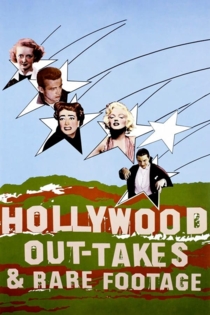
Love Among the Ruins
George Cukor
Katharine Hepburn, Laurence Olivier
An aging actress and socialite, Jessica Medlicott has ended her engagement with a younger man and is now being sued by her former fiancé. Esteemed barrister Sir Arthur Glanville-Jones is assigned to represent Jessica in the lawsuit, and he also happens to be an old suitor of hers from decades earlier. While Jessica claims not to remember him, and Arthur still smarts from her earlier rejection, the two form a close bond during the case.
Love Among the Ruins
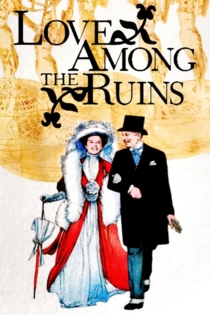
Romeo and Juliet
Franco Zeffirelli
Leonard Whiting, Olivia Hussey
Romeo Montague and Juliet Capulet fall in love against the wishes of their feuding families. Driven by their passion, the young lovers defy their destiny and elope, only to suffer the ultimate tragedy.
Romeo and Juliet
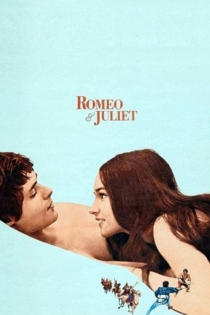
Hitchcock, Selznick and the End of Hollywood
Michael Epstein
David O. Selznick, Alfred Hitchcock
Paying homage to two of Hollywood's central icons, the film creates an unparalleled portrait of two very different personalities amidst the demise of the studio system.
Hitchcock, Selznick and the End of Hollywood

Cameraman: The Life and Work of Jack Cardiff
Craig McCall
Jack Cardiff, Martin Scorsese
In 2001 Jack Cardiff (1914-2009) became the first director of photography in the history of the Academy Awards to win an Honorary Oscar. But the first time he clasped the famous statuette in his hand was a half-century earlier when his Technicolor camerawork was awarded for Powell and Pressburger's Black Narcissus. Beyond John Huston's The African Queen and King Vidor's War and Peace, the films of the British-Hungarian creative duo (The Red Shoes and A Matter of Life and Death too) guaranteed immortality for the renowned cameraman whose career spanned seventy years.
Cameraman: The Life and Work of Jack Cardiff
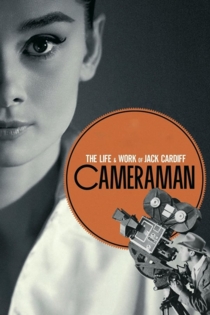
Sir John Mills' Moving Memories
Marcus Dillistone
John Mills, Hayley Mills
A film biography with a difference, Sir John Mills' Moving Memories charts the life of one of Britain's most distinguished actors. Compiled from interviews with the man himself and with his family and friends, it traces his career from humble beginnings to all-time great of British cinema. The many film clips reveal an electric screen presence and a willingness to undertake a range of difficult, challenging roles.
Sir John Mills' Moving Memories
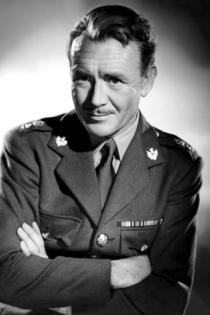
The Filth and the Fury
Julien Temple
John Lydon, Steve Jones
Julien Temple's second documentary profiling punk rock pioneers the Sex Pistols is an enlightening, entertaining trip back to a time when the punk movement was just discovering itself. Featuring archival footage, never-before-seen performances, rehearsals, and recording sessions as well as interviews with group members who lived to tell the tale--including the one and only John Lydon (aka Johnny Rotten).
The Filth and the Fury
